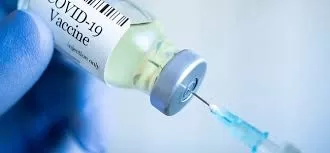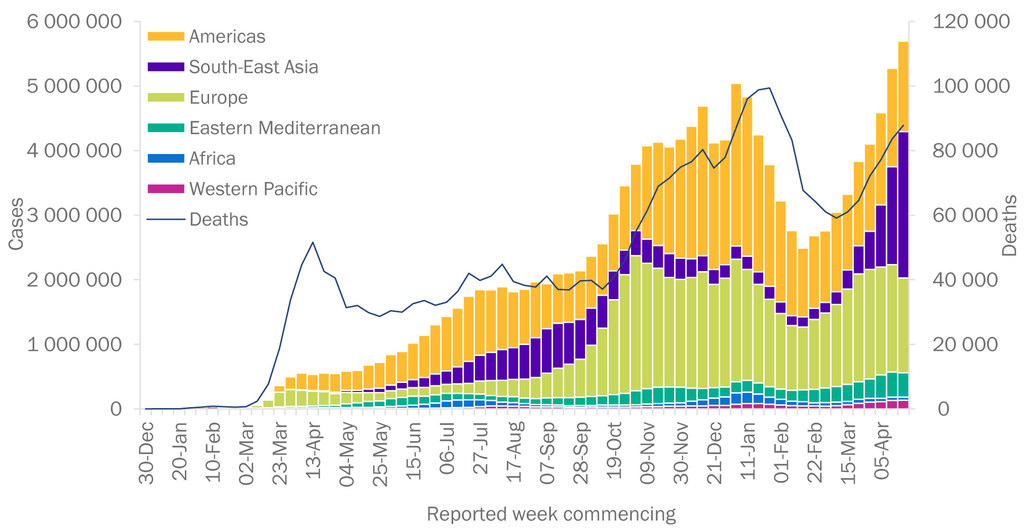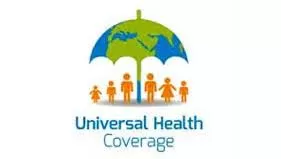In a groundbreaking study led by Johns Hopkins Medicine, researchers have uncovered a significant link between social stress during adolescence in female mice and prolonged elevation of the hormone cortisol after giving birth. Published online on Apr. 11, 2024, in Nature Mental Health, the study suggests that early life stress could contribute to exacerbating postpartum depression (PPD) through physiological mechanisms akin to those observed in humans.
The study’s senior author, Dr. Akira Sawa, emphasized the relevance of these findings, noting that they shed light on the heterogeneity of PPD and advocate for a more personalized, precision medicine approach to its diagnosis and treatment. PPD affects an estimated 7% to 20% of women and typically manifests within six weeks of childbirth, with symptoms ranging from sadness and anxiety to fatigue, often impeding self-care and infant care tasks.
Traditionally, the first-line treatment for PPD has been selective serotonin reuptake inhibitors (SSRIs), but their efficacy is limited, leaving approximately half of patients without adequate relief. The study highlights the need for alternative treatments, particularly for cases resistant to conventional therapy.
Researchers found that stress-exposed mice displayed markers of depression postpartum, indicating behavioral changes consistent with PPD. Crucially, they also observed prolonged elevation of cortisol levels in these mice, mirroring hormonal imbalances seen in humans with adverse early life experiences.
These findings suggest a potential avenue for novel PPD treatments targeting cortisol regulation, such as glucocorticoid receptor (GR) antagonists. Mifepristone, a known GR antagonist, holds promise as an alternative antidepressant therapy that could offer a more targeted approach to PPD management.
Dr. Sawa expressed optimism about the implications of these findings for PPD treatment, envisioning a paradigm shift towards interventions that allow mothers to remain with their infants while receiving effective care. Plans are underway to further investigate cortisol levels in PPD patients and explore the therapeutic potential of GR antagonists through clinical trials.
The research, spearheaded by Dr. Sawa and his team at Johns Hopkins Medicine, involved collaboration with experts from the University of Alabama at Birmingham Heersink School of Medicine. Funding for the study was provided by various sources, including grants from the National Institutes of Health and the Brain and Behavior Research Foundation.
The study underscores the importance of understanding the interplay between early life stress and postpartum depression, offering hope for more targeted and effective treatments that could significantly improve the well-being of mothers and infants affected by this pervasive condition.










